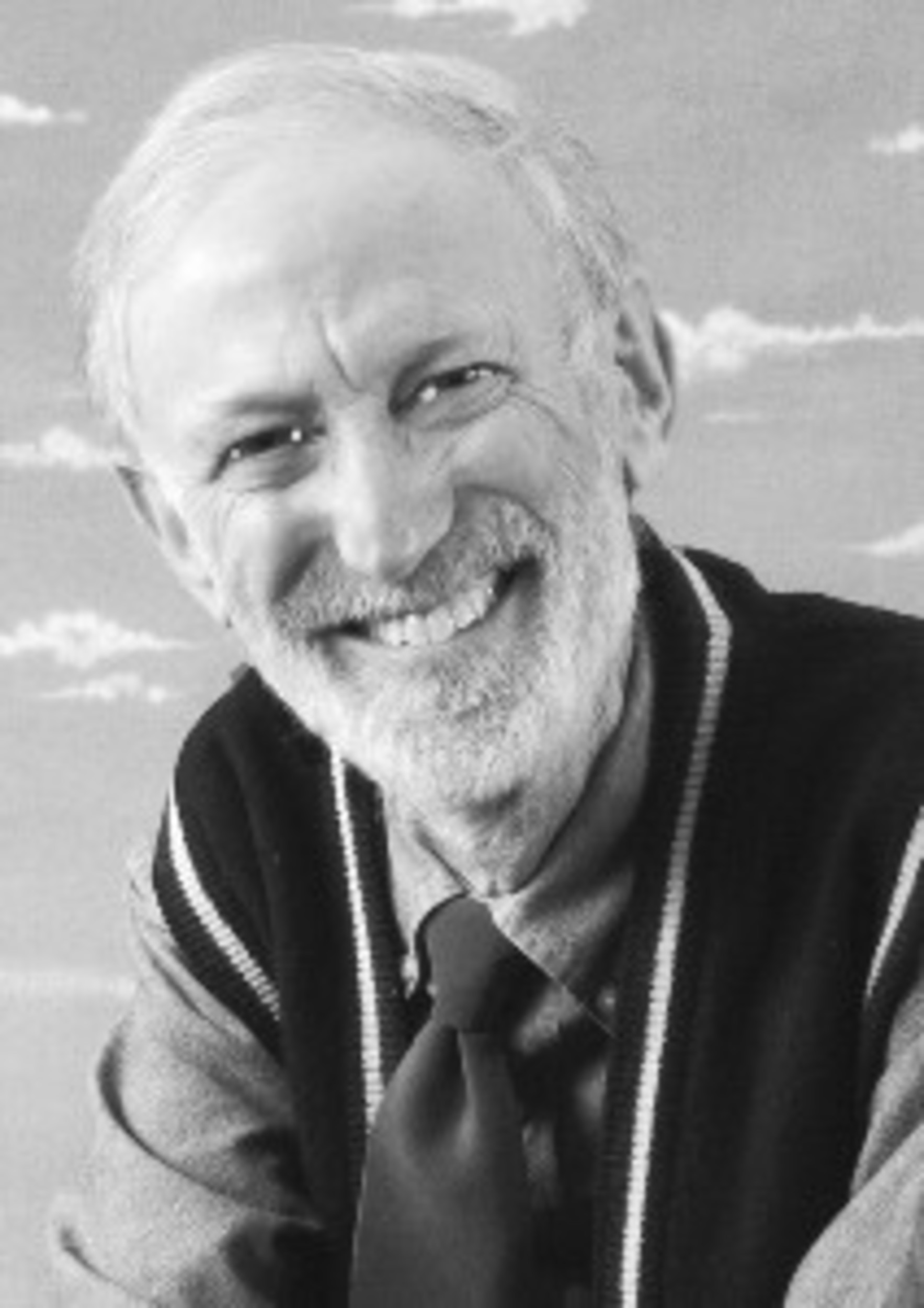Almost happy in the adopted homeland
I met Alexandra Broches at a marina cafe in South Kingstown. She has served as director of the Hera Gallery in Wakefield, where she has also shown her prints, photographs and paintings. She has taught at both the University of Rhode Island and Rhode Island College, and has displayed her work at the Wheeler Gallery. Our rendezvous focused not so much upon her career as an artist and professor, but rather upon her endeavor to research her family’s history. It is not so much a conventional genealogical tree but instead a pilgrimage, in person and through the advantages of our technological gadgetry, to the tragic past of her family’s extended kin in their native Amsterdam in the Netherlands.
The Broches – “It’s probably a reference to ‘baruch’ – ‘blessing’ in Hebrew, but spelled to disguise its meaning” arrived in America in 1939. They did not seek immigration but temporary student visas. They were not yet fully aware of the imminence of the catastrophe. They remained Dutch citizens and subjects throughout their lives on these shores.
Alexandra is a fine-looking, slim, straightforward South County resident, but not a native Rhode Islander. “I came here from New York. My father had worked in Washington, D.C., and elsewhere. I moved with my husband, the father of my daughter, who was Italian-American, I guess I thought I was joining a jovial, established clan, but that was mostly and merely my dream.”
Through a visit to Yad Vashem in Jerusalem, she began her quest for answers about what happened to her people in Holland. “Those who could escape their fate scattered far and wide, in South America and elsewhere, wherever they might find shelter and safety. Mostly, they were arrested, deported first to the camps near Amsterdam, and thence on to both Theresienstadt and Auschwitz.” She showed me lists and accounts of each relative who perished. She also narrated terrifying tales of particular tragedies.
I tried to establish a connection by describing my own visits to the Hague, to Rotterdam and to the museums, synagogues and their memorials. “I know, although movies both at the time and later in the postwar world tried to emphasize the resistance movement, the partisan activity, the rescue efforts, that in fact collaboration and betrayal were very much part of the story and history to be accounted, recounted, acknowledged,” I said.
She answered, “My mother and father did not burden me with details about what had become of the kin left behind, but I felt it as a cloud of melancholy, of sadness. Now, I am compelled to find out everything I can and to write about my discoveries. I have visited whatever aunts, uncles, cousins, of all the generations are available to me, to dig out every detail. I have to admit, the computer helps. It’s a big job before me.”
I think my only contribution was the reference I sent to the song, “My Sister and I” whose lyrics describe the silence, and the shadow of sorrow, of precisely the experience of the Broches. “We’re almost happy, over here, but sometimes we wake up at night and we cry!”
MIKE FINK (mfink33@aol.com) teaches at RISD.








